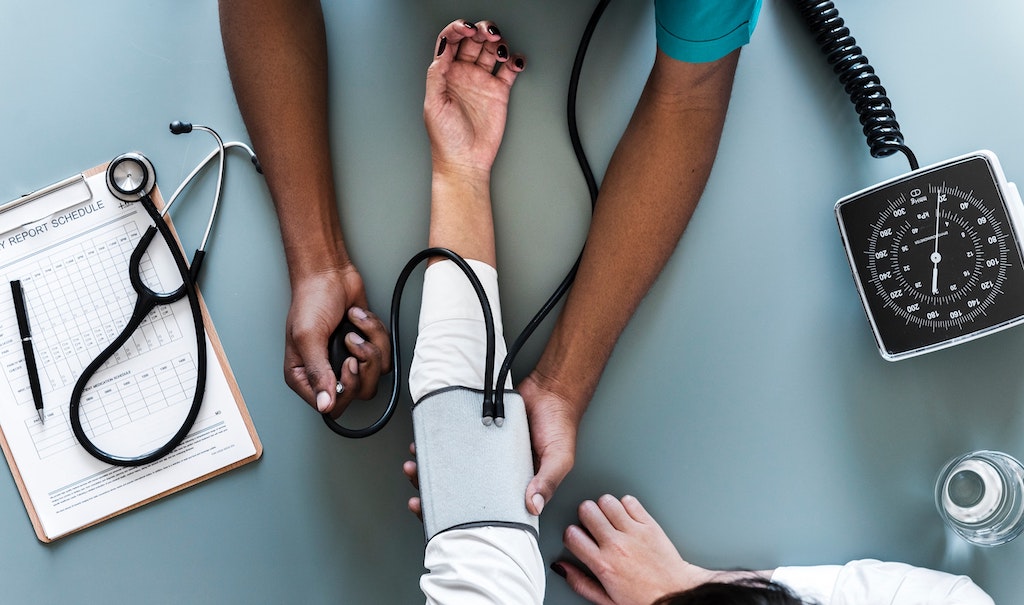With CBD growing in popularity, an increasing amount of people are considering it as a natural treatment for conditions such as anxiety, hormonal acne and arthritis.
Part of this increase in usage is due to an increase in awareness about CBD. Another part is a result of the growing volume of scientific study data indicating that CBD can help to treat a wide range of common symptoms, including those of serious illnesses.
If you’ve considered using CBD, you could have questions about its long-term safety. One of the most common questions about CBD is whether or it’s possible to overdose and potentially harm yourself by taking an excessive dose of CBD.
We’ve answered this, as well as several other common questions about potentially dangerous use of CBD, below.
What is Cannabidiol, or CBD?
Cannabidiol, or CBD, is a type of naturally occurring cannabinoid that’s found in the hemp and cannabis plants.
When most people think of cannabinoids, they think of tetrahydrocannabinol (THC). THC is the most well-known cannabinoid in most strains of cannabis. It’s the active ingredient in cannabis that causes you to feel high after it’s smoked, vaped, eaten or consumed in any other form.
THC and CBD are not the same. While THC causes you to feel high, CBD interacts with your endocannabinoid system differently, resulting in a variety of effects.
CBD does not and cannot make you feel high. Instead, many users report that CBD makes it easier to fall and stay asleep, concentrate on specific tasks, enter a relaxed state after feeling anxious and manage certain forms of pain.
Can You Overdose on CBD?
CBD is a non-toxic substance, meaning it is not known to have any poisonous effects when it’s consumed by humans. Unlike dangerous drugs such as cocaine and heroin, no human deaths have ever been reported due to CBD use.
This means that, in general, there is an extremely low risk of overdose when using CBD oil or any other CBD products. CBD simply doesn’t interact with the human body in a way that can directly cause death and as such, isn’t a drug that can cause a deadly overdose.
With this said, it’s definitely possible to use too much CBD at once and experience a range of potential side effects.
Using too much CBD could cause you to feel nauseous and experience digestive issues and diarrhoea. Overconsumption of CBD is also linked to drowsiness, poor concentration, anxiety, mood changes, mild depression and balance issues such as dizziness.
Anecdotally, most people that take an excessive dose of CBD tend to fall asleep, or at least experience difficulty concentrating. In short, while using too much CBD isn’t likely to result in anything dangerous, it could make you less productive.
You can learn more about the side effects of CBD here, as well as what you can do to avoid common side effects when using CBD.
Is CBD Addictive?
Currently research does not show that CBD is an addictive substance. There is no scientific evidence to indicate that CBD is in any way physically addictive, meaning it doesn’t have the same addictive characteristics as widely used addictive substances such as nicotine.
Interestingly, CBD is currently being studied as a potential natural treatment for people in the process of recovering from drug addiction. In a 2019 study, researchers found that CBD may help recovering addicts reduce their cravings for heroin while undergoing therapy.
In short, CBD is not addictive. While many people regularly use CBD for years at a time, they don’t do so due to any type of physical addiction.
Summary
Currently, there’s no scientific research that indicates it’s possible to overdose on CBD. Using an excessive dose of CBD may cause you to feel tired, nauseous or otherwise uncomfortable, but there’s no evidence that it could kill you or otherwise harm your health.
There’s also no scientific evidence that CBD is addictive, meaning you can use it without any concerns about becoming “hooked” and finding it difficult to stop.
Although CBD isn’t dangerous or addictive, it’s still important to use it responsibly. Start with a mild dose of CBD to assess your personal tolerance, then adjust your dose over time to meet your needs and preferences.


